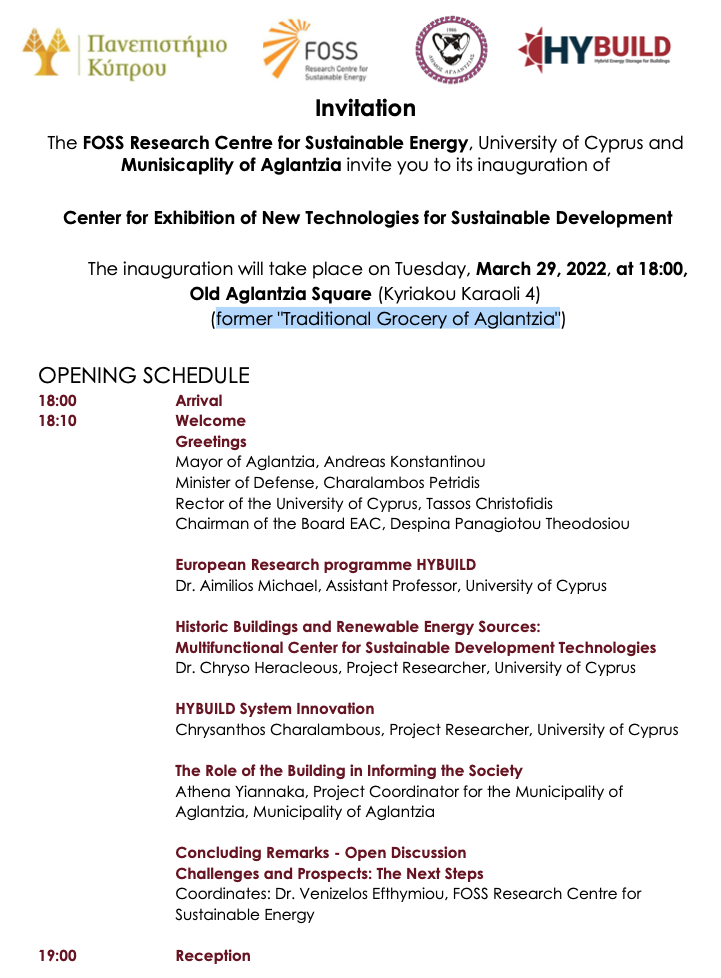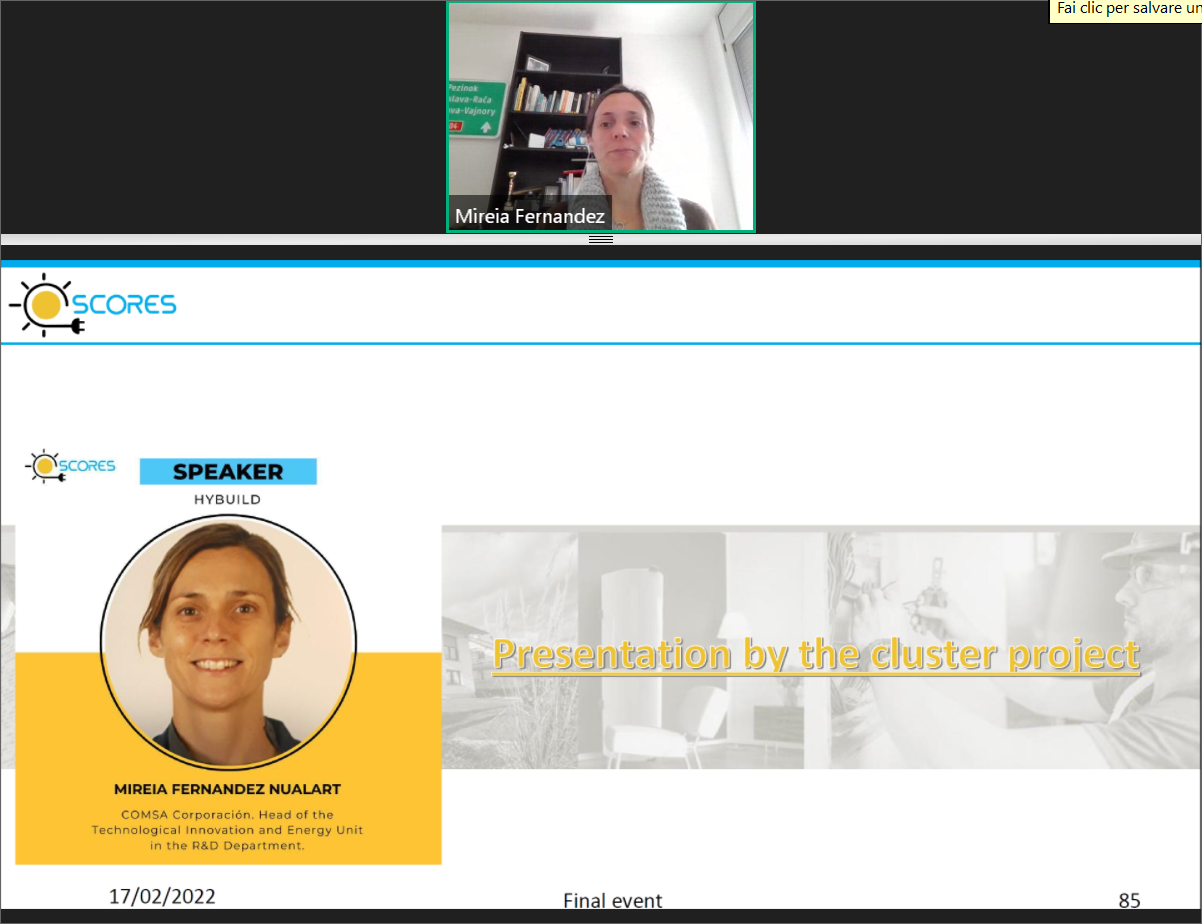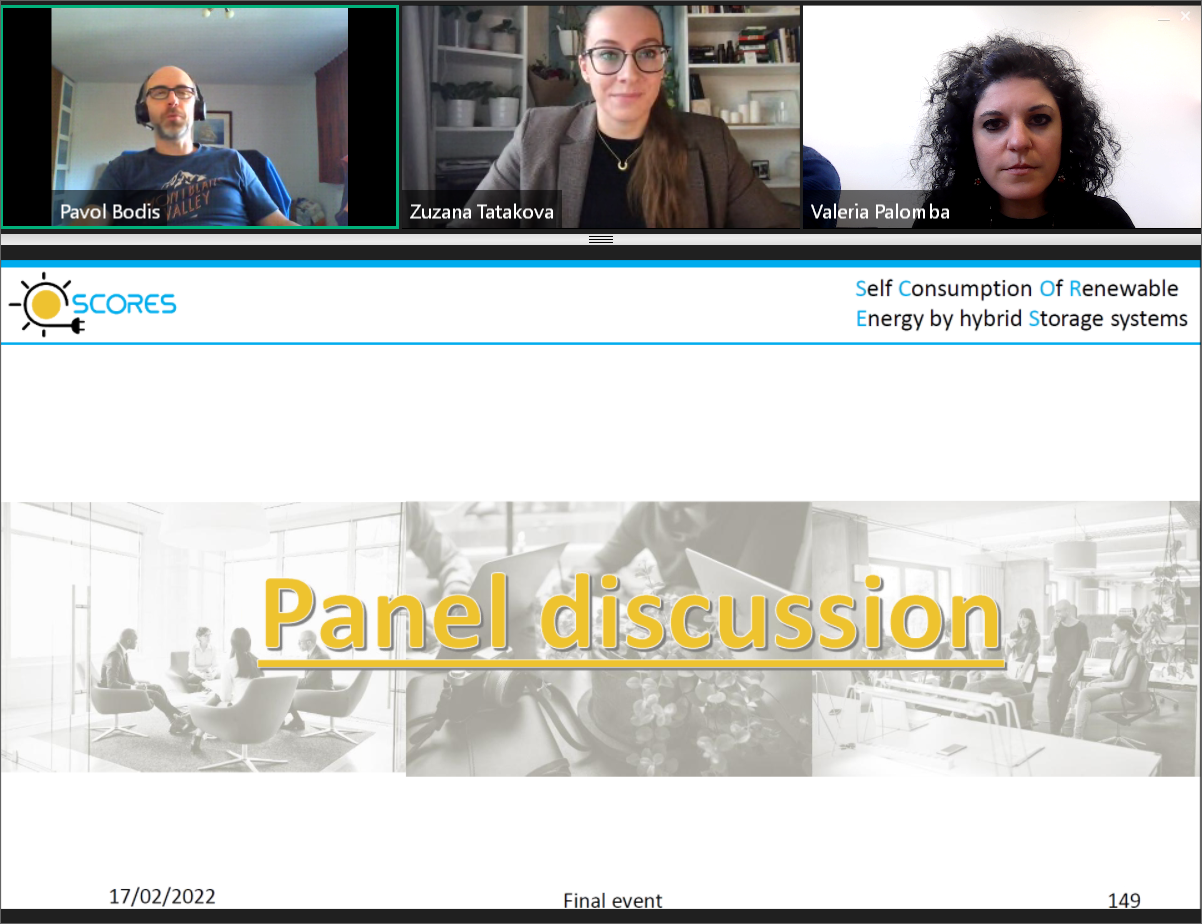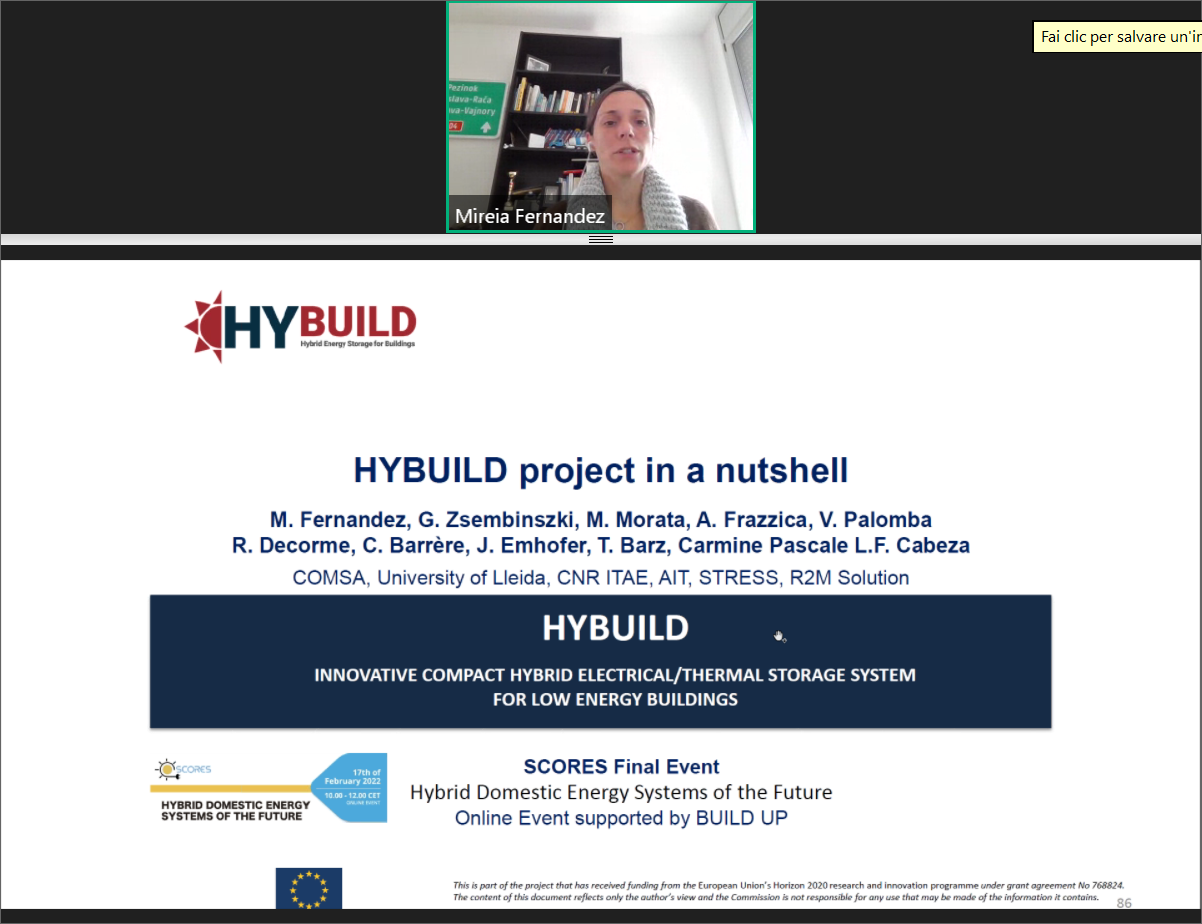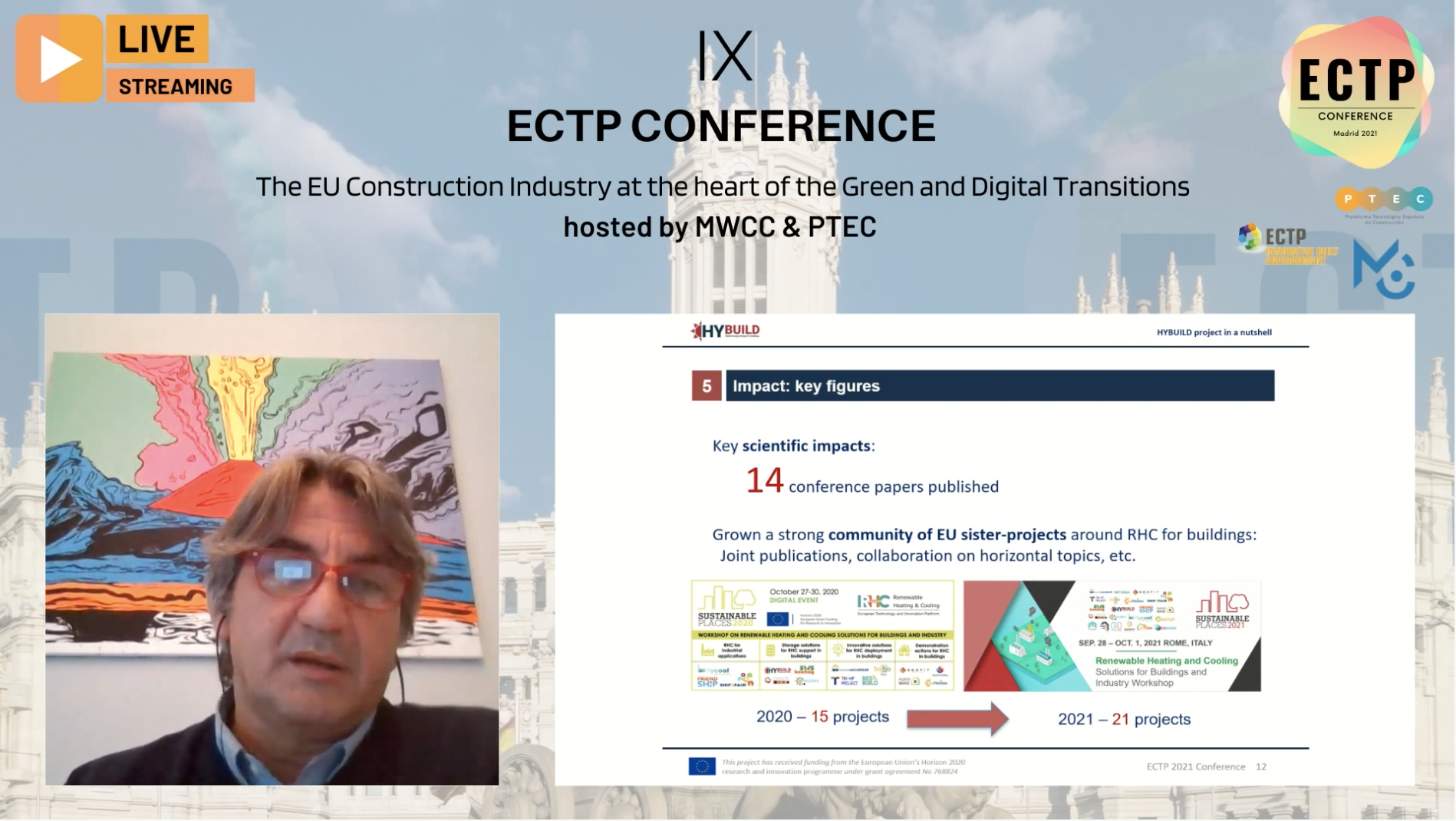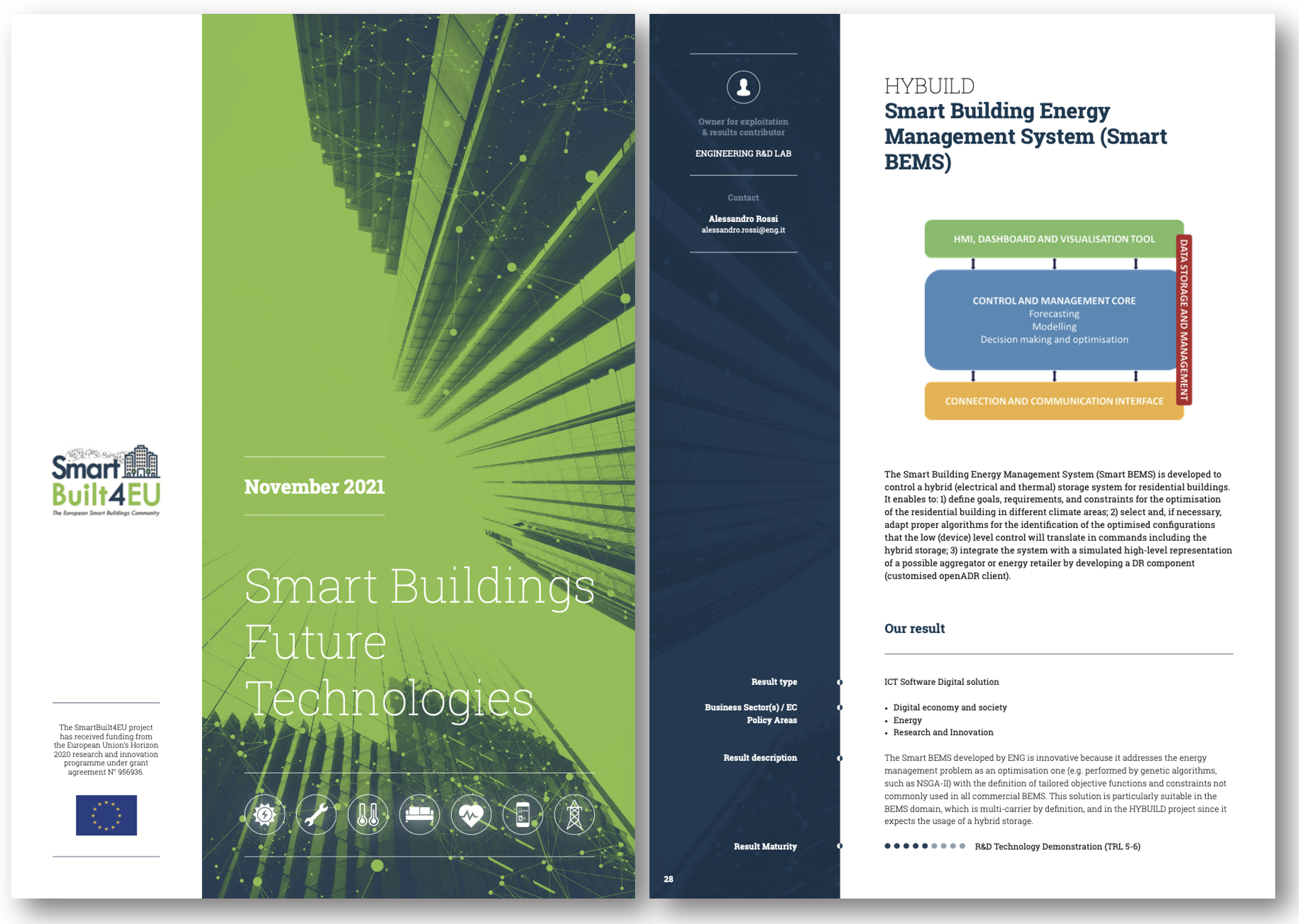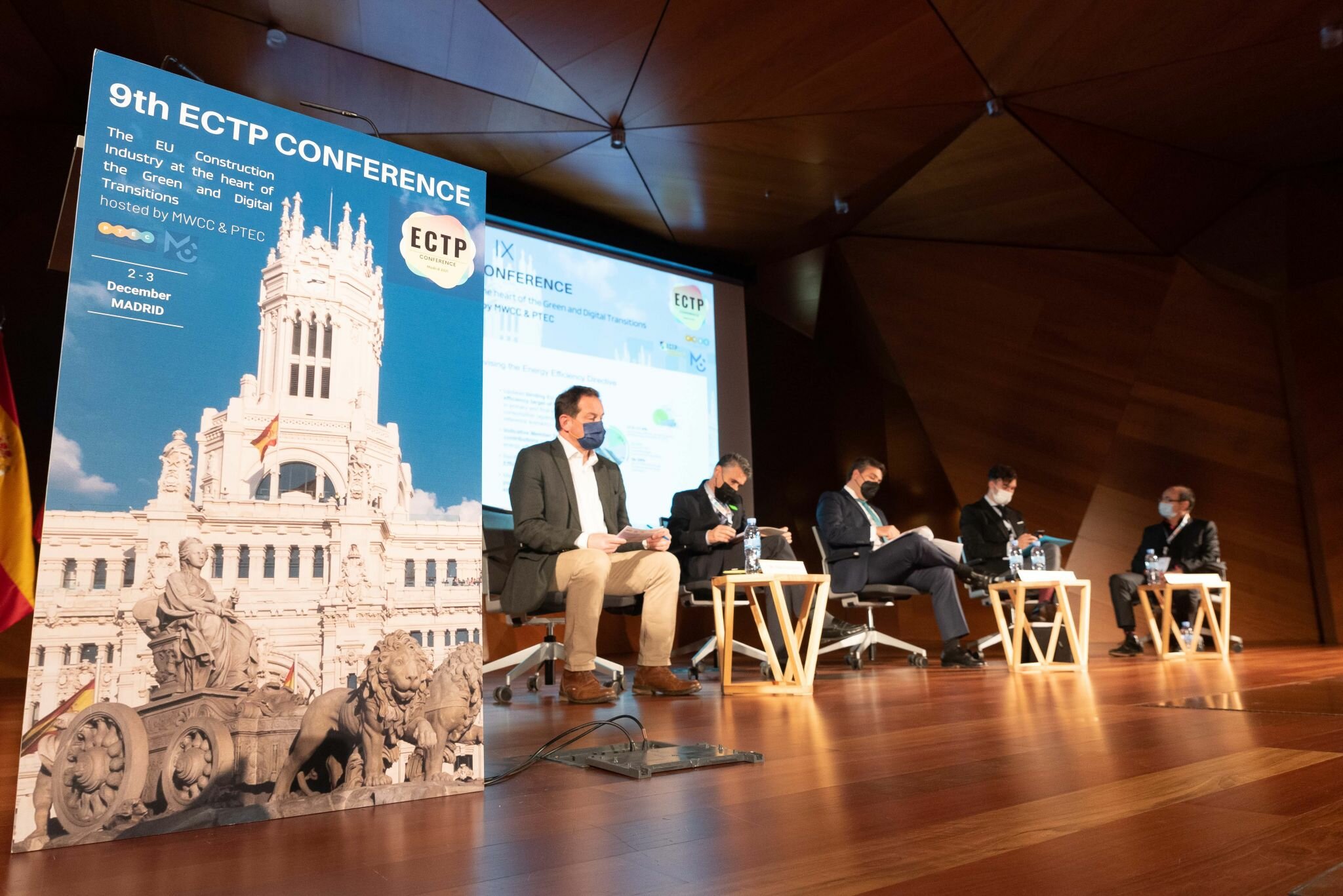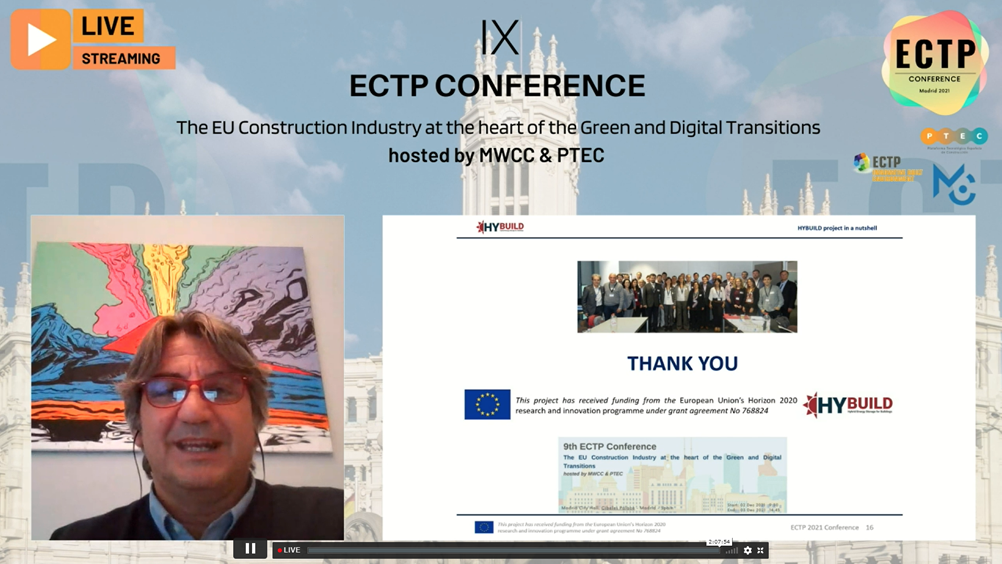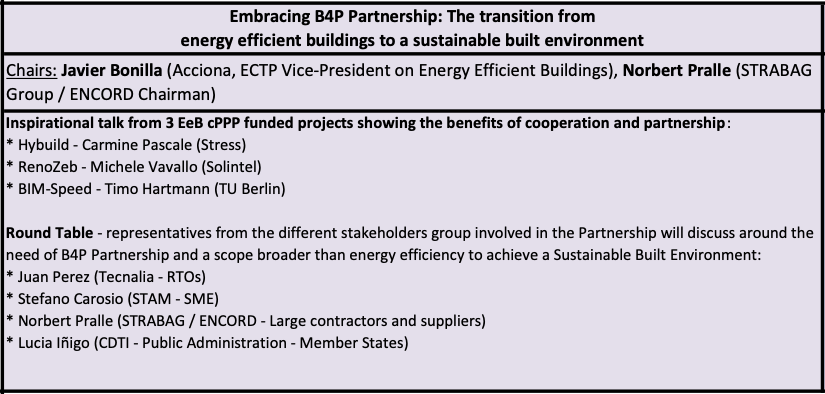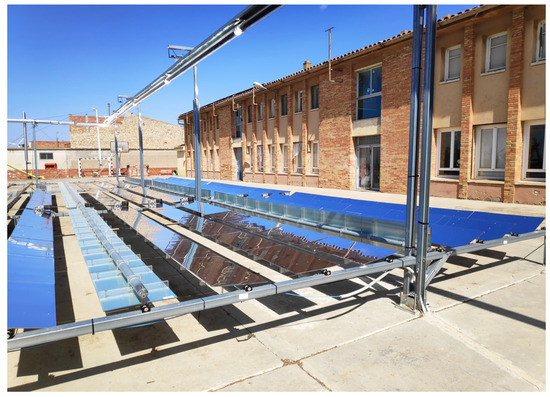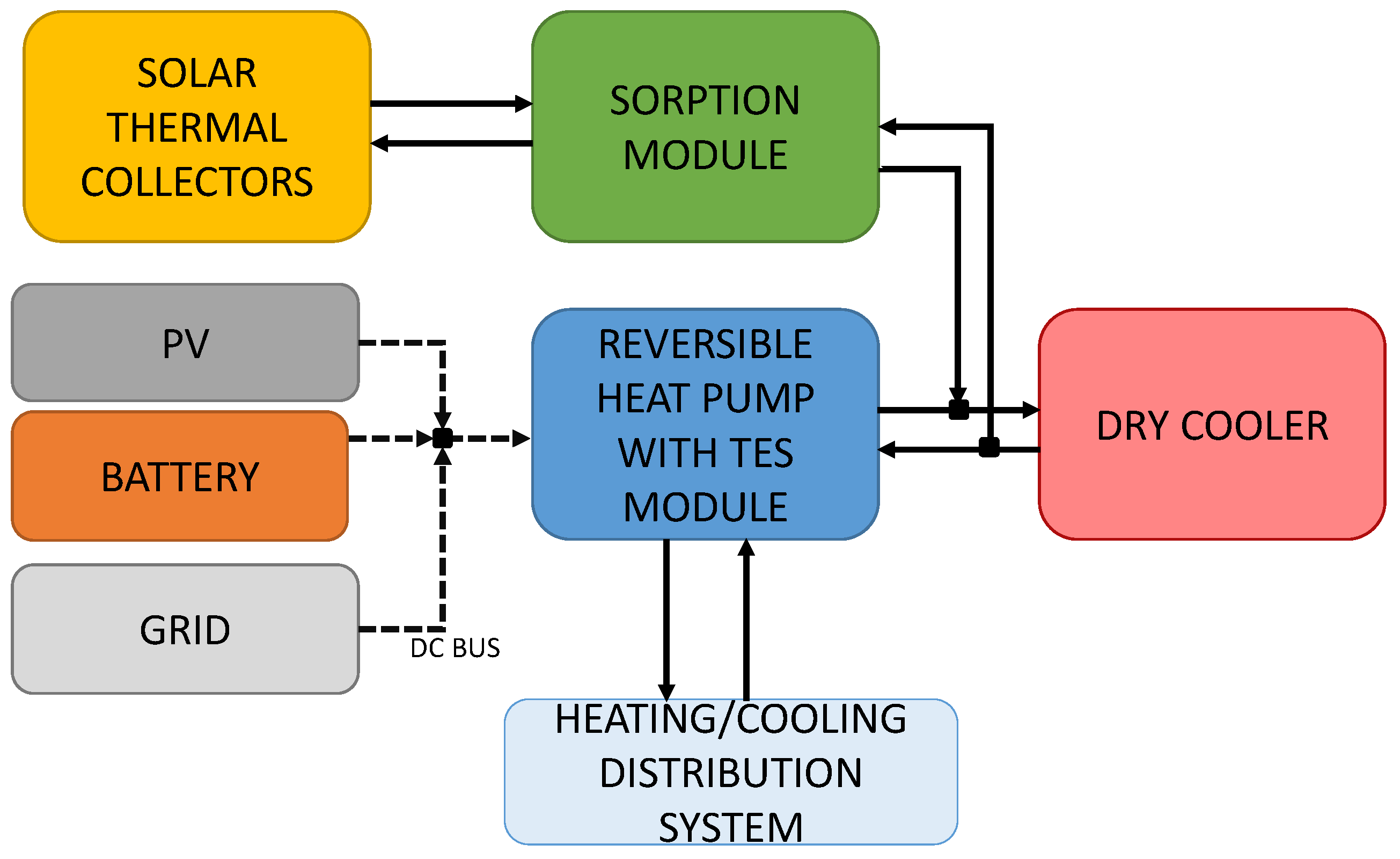The HYBUILD project was recently successfully completed and several new public deliverables have now been released on the Deliverables page of the website:

- Technology Payback analysis D1.4
- Low & high temperature latent storage realized D2.2
- Report on the experimental tests and the final design of the hybrid sub-systems D3.4
- Report on system performance D4.4
- Life Cycle Assessment of the HYBUILD system D5.1
- Social Life Cycle Assessment of the HYBUILD system D5.2
- Life Cycle Cost Assessment studies D5.3
- Report on existing standards and standardization landscape D5.4
- Full standardization proposals D5.5
- Report of commissioning tasks D6.1
- Report of the energy performance analysis before intervention D6.2
- Report of the energy performance D6.3
- Report on dissemination activities D7.2
- Report on communication activities D8.5
- Report on synergies between HYBUILD and other global initiatives D9.3
The HYBUILD entire consortium wish you a happy end of the year, and the HYBUILD coordination team remains available to answer question you may have in relation with this new material.



